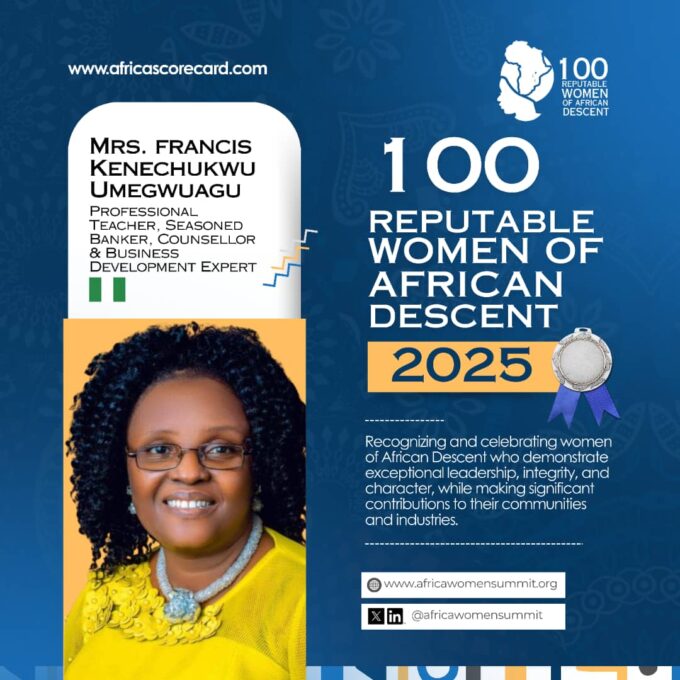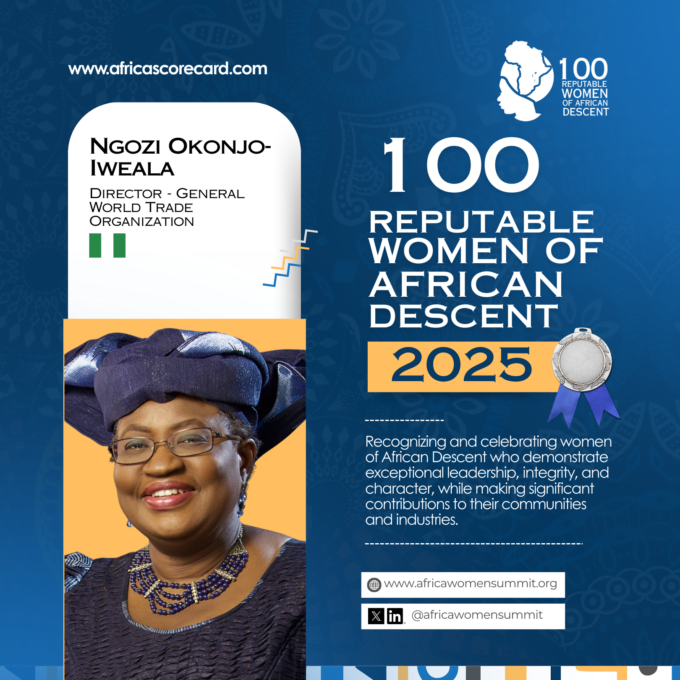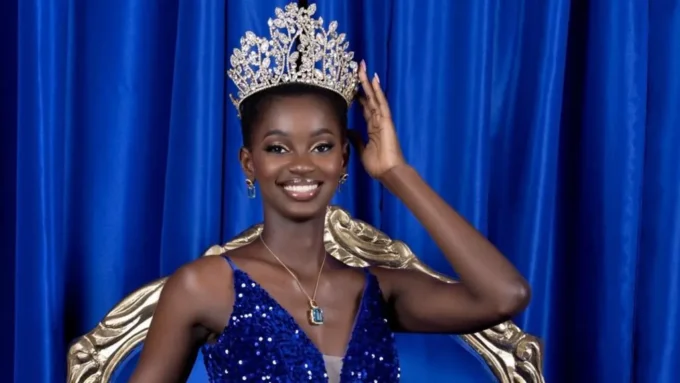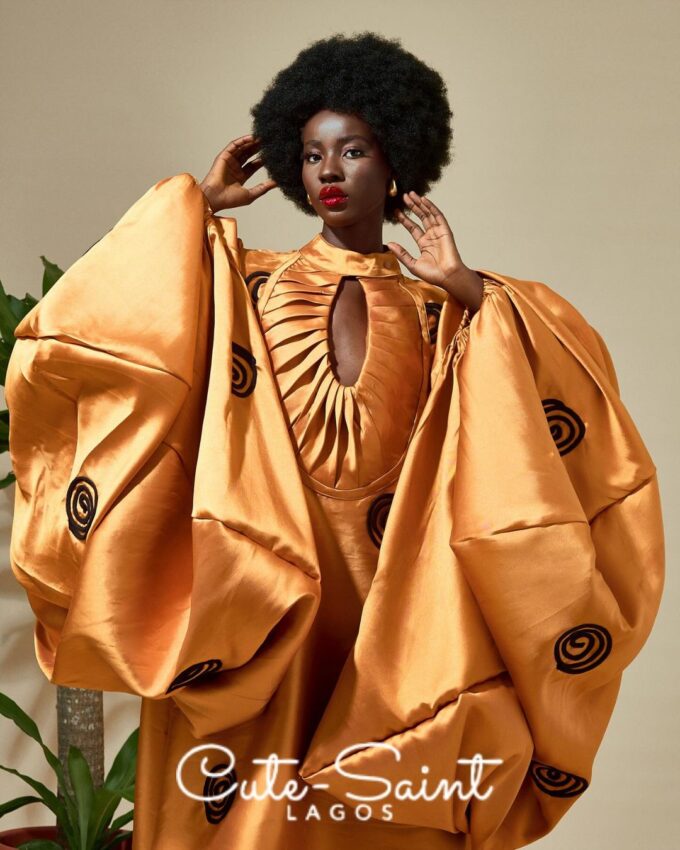In the South Pacific islands of Fiji, the traditional hairstyle known as Buiniga—a voluminous, natural style resembling the Afro—stands as a powerful emblem of Fijian cultural identity. This hairstyle, worn proudly by generations of Fijians, symbolizes more than just aesthetic choice; it is a declaration of cultural pride and heritage. However, in recent years, modern beauty trends have led some Fijians to move away from Buiniga in favor of straightened or more “Westernized” styles. Yet, a new wave of Fijian youth, like 18-year-old student Arieta Digutu, is reclaiming this traditional look, demonstrating the importance of cultural continuity through their natural hair.
Arieta recently participated in a beauty pageant specifically created to honor the Buiniga style, emphasizing its deep significance in Fijian heritage. “This competition is important because we have to keep our culture,” she said, following the example of her mother and aunt, who both continue to wear their hair naturally. For Arieta and other young Fijians, this is not merely about aesthetics; it’s about preserving a fundamental aspect of their cultural identity.
This cultural pride in natural hair is not unique to Fiji. Africans, too, have a rich history connected to natural hair, with the Afro being one of the most iconic symbols of Black pride, particularly during movements for civil rights and independence across the continent and in the diaspora. The Afro has long been a visual statement of resistance to colonial-era beauty standards that often marginalize African features and textures.
Yet, much like in Fiji, global beauty standards have influenced African societies, with many African women turning to wigs, weaves, and straightened hairstyles in the pursuit of Eurocentric ideals. This shift has often led to a disconnection from natural hair traditions, which are seen by some as less professional or elegant in comparison to straightened or artificial styles.
The struggle to preserve the Buiniga hairstyle in Fiji offers a valuable lesson for African women, who are often caught between embracing their natural hair and conforming to external beauty standards. The Fijian effort to keep Buiniga alive is about much more than fashion; it is a movement that reasserts the value of indigenous beauty and identity. Similarly, African societies can find empowerment by celebrating natural hair as an intrinsic part of African heritage.
In both Fiji and Africa, natural hairstyles like the Buiniga and the Afro are powerful cultural symbols. For African women, the Afro should not be viewed as a relic of the past or a passing trend, but rather as an enduring statement of Black beauty, resilience, and pride. By embracing their natural hair, African women have the opportunity to challenge global beauty standards that often diminish the beauty of Afro-textured hair, while simultaneously honoring the legacy of their ancestors.
As Fijians like Arieta Digutu fight to preserve the relevance of the Buiniga, there is an opportunity for African women to draw inspiration from this movement. Reclaiming the Afro is not just about rejecting wigs or weaves; it’s about a larger cultural shift that embraces African beauty standards and affirms African identity. In doing so, African women can redefine what beauty means on their own terms, rooted in their rich and diverse heritage.
The call to embrace natural hair, whether in Fiji or Africa, goes beyond the personal. It is a collective act of reclaiming identity, challenging outdated beauty norms, and celebrating a shared cultural history that has too often been sidelined. By turning to styles like the Afro, African women can assert their beauty and identity unapologetically, honoring their roots and shaping a future where African aesthetics are valued globally.














Leave a comment